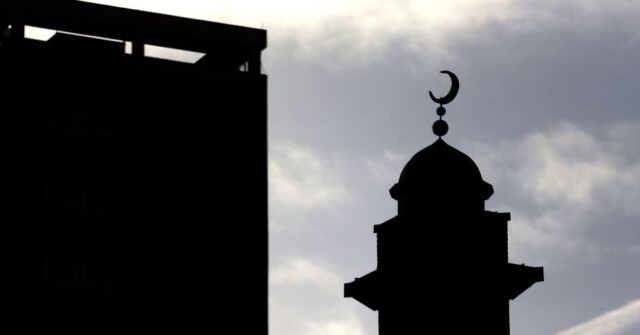Greater Manchester Police has made “significant improvements” to how it investigates child rape grooming gangs, but historic failures sees a backlog of over 700 victims and 1,000 suspects now being investigated anew.
A new report by His Majesty’s Inspectorate of Constabulary and Fire & Rescue Services (HMICFRS) into “multi-offender child sexual exploitation” — child rape grooming gangs — states Greater Manchester Police is now investigating historic and current cases and has identified ” 714 victims and survivors, and 1,099 suspects”.
The HMICFRS said they had identified serious failings by the police force in their past conduct over failing to investigate child rapes, but that they were now much better. The report said: “The force’s approach is now significantly different to how it – or any police force – historically responded to child sexual exploitation… and Greater Manchester Police has made significant improvements to how it understands and investigates child sexual exploitation”.
There were still improvements to be made, the Inspectorate said, noting “needs to make sure investigators have the necessary skills for their roles” as “there are ” various training gaps in the investigation team”. Manchester police are aware of these shortcomings, the HMICFRS said, noting they now “need to make sure” this is rectified with better training.
In the past, the report said Greater Manchester Police “didn’t always record a crime when these child sexual exploitation offences were first reported. This meant that it also didn’t investigate these offences”. Of 74 identified historic victims who police had become aware of between 2003 and 2013 some victims’ cases weren’t adequately investigated.”
Indeed, it is considered that of those 74 historic victims identified, only three of them “were appropriately protected by the protective agencies”, and “there were serious failures to protect the children in 48 cases”. Further, the HMICFRS found that “between 2003 and 2013, when the police identified potential victims… police personnel and some safeguarding partners commonly used victim-blaming language. This went unchallenged.”
The report also namechecked Manchester City Council, which it said had hampered investigation in the past. The HMICFRS wrote: “Material provided by Manchester City Council took many months to arrive and was so heavily redacted that some pages contained only a few words. This made it impossible to assess the evidential value of the information”. Investigators now have unredacted documents, but this means investigations have had to be started over.
As part of that improvement process over how it reacted to child rape gangs in decades past, Greater Manchester Police now has a “dedicated team to investigate serious and complex multi-victim or multi-offender child sexual exploitation”, the child sexual exploitation major investigation team of ‘CSE MIT’ of 98 investigators and police staff.
Of 59 “live multi-victim multi-offender child sexual exploitation investigations” presently underway, in which those 714 victims and 1,099 suspects had been identified, 13 of those investigations are historic and being dealt with by the CSE MIT.
The Greater Manchester region is one of the most notorious in the United Kingdom for the child rape grooming gang problem. According to analysis of grooming gang investigations and convictions by the Grooming Gang Archive, broadcaster GB News, and available news articles, almost every town and district covered by the Greater Manchester region has suspected or proven grooming gangs, including Bolton, Bury, Oldham, Rochdale, Stockport, Tameside, and the city of Manchester itself.
While progress is said to be underway on investigating grooming gangs in Greater Manchester, it is evident pockets of resistance to understanding why these crimes happen and how still hold out. Just last month, the Church Times reported the Anglican Bishop of Manchester spoke out to reject what is now widely accepted public knowledge, that many grooming gangs are characterised by abusers being of Pakistani migrant heritage background. He said on BBC radio: “This is not a pattern of offending confined to any particular ethnic, cultural or religious group. I hope that the forthcoming Inquiry will help us find ways to keep young girls safe from groups of predatory older men, whatever their origin.”
According to Greater Manchester Police whistle-blower Maggie Oliver, one of those who did much to bring the scale of grooming gangs to the public attention, the problem also continues at scale. Children are still being raped at a “shocking scale”, she said earlier this year, warning not to treat grooming gangs only as a historic policing issue. She said in February: “This is going on today. We’ve been approached by 60 victims in the last three days who are currently being failed by the police.”
A forthcoming nationwide inquiry into child rape gangs is to reopen more than 800 historic cases.
Read the full article here
